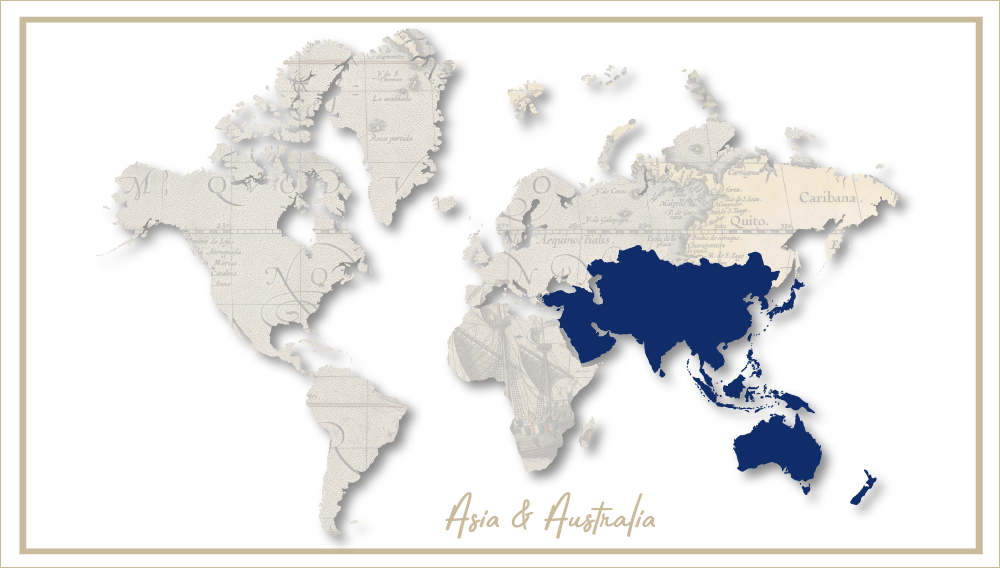Knock-on effects from AB-InBev-SABMiller disastrous for Lion
Carlton & United Breweries (CUB) may reclaim its title as Australia’s biggest brewer in the event of a successful takeover of SABMiller by AB-InBev.
The UK’s ‘put-up-or-shut-up’ takeover rules require AB-InBev to make a formal offer for SABMiller by 14 October 2015. But as argued often before, the transaction would still face many hurdles, taking one or two years to complete.
In that event the knock-on effects may be significant for Australia’s two biggest brewers. Most likely, Lion, currently Australia’s number one brewer with a market share of 40 percent according to data company Euromonitor, will have to give AB-InBev’s brands, including Corona, Stella Artois and Beck’s back to SABMiller-owned CUB.
In terms of volumes, the impact of switching brands from Lion to CUB might look rather small. However, these brands represent 45 percent of the highly profitable imported premium beer market. This segment grew 14 percent in value terms in 2014, and is expected to grow at a compound annual growth rate (CAGR) of 4 percent in value terms over the next five years, predicts Euromonitor.
Corona is Australia’s fourth biggest selling beer, with Lion winning the local rights to the brand three years ago after SABMiller swallowed up the then rights holder, Foster’s (now CUB), for AUD 12 billion.
In fact, the deal would be near disastrous for Lion and its owner Kirin: Lion would lose volume, profits (by some estimates in the region of high double digit millions of dollars), and its number one brewer status.
Industry sources say that the takeover of SABMiller by AB-InBev is a long speculated deal and one Lion has tried to anticipate.
Historically, AB-InBev has been a difficult partner for both CUB and Lion (why does this not come as a surprise?), insisting on unreasonable volume targets which Australia’s brewers always suspected were designed to engineer a technical contract breach each year.
From what BRAUWELT International has heard, Corona’s annual volume target is 10 percent growth per annum in a market declining by around 3 percent currently. Lion has one year to remedy the breach (that is, recoup what it missed in volume targets the previous year, plus the current year target), or face termination.
In reality AB-InBev could terminate without cost roughly every two years.
AB-InBev has not been acquisitive in Australia. Instead it has preferred to have the brands distributed by both Lion and Foster’s (before SABMiller) in order to play the brewers off against each other, by threatening them with switching the brands over to the other brewer, or setting up their own salesforce.
When SABMiller stepped in and bought Fosters, AB-InBev quickly moved its brands to Lion, and then menaced Lion with the ‘go on our own’ scenario.
Pitting Australia’s two major brewers against each other seems to have worked out very well for AB-InBev financially, so that when Foster’s was put up for auction, AB-InBev refrained from entering the fray as it considered Foster’s too domestically focused and not worth the takeover premium.
The question to ask is this: What has changed that AB-InBev is now willing to pay a superpremium for SABMiller, including CUB? We cannot wait to hear.

